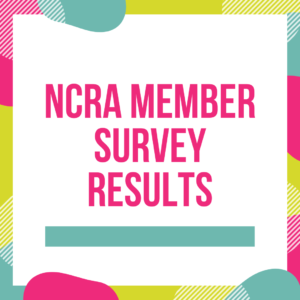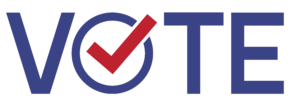In an effort to bring our members the most up-to-date information about changes to this nation’s healthcare policy, we wanted to provide an update on the Patient Protection and Affordable Care Act (the “Healthcare Bill”). The next round of provisions under the Affordable Care Act (the “Healthcare Bill”), will take effect in October, when qualified individuals and small business employers will be able to access information and enroll in subsidized plans through state-established healthcare exchanges and the Small Business Health Options (SHOP) Program. Coverage by the exchanges and the SHOP program are then set to begin Jan. 1, 2014.
FOR INDIVIDUALS
This latest reform to take effect under the new healthcare system is referred to as the shared responsibility requirement. It calls for all individuals not covered by an employer- sponsored health plan, Medicaid, Medicare, or any other public insurance program,* to secure an approved private insurance policy or pay a penalty. The state-based health insurance exchanges being established will provide a marketplace where individuals can compare policies and premiums, and purchase insurance coverage, in some instances with a government subsidy if eligible.
The individual health insurance exchanges will offer a choice of four levels of benefit packages that differ by the percentage of costs the health plan covers. Under the program, individuals and the self-employed may qualify for specific tax credits and subsidies on a sliding scale, based on income. Coverage will be comprehensive and include doctor appointments, medications, and hospital visits. In addition, individuals will be able to compare price, benefits, quality, and other features of healthcare plans. This increased access to quality, affordable healthcare is also expected to make it easier for independent contractors to purchase and afford health insurance.
For more information about the health care law and its reforms, or about the healthcare exchange in your state, visit www.healthcare.gov.
FOR SMALL BUSINESSES
The SHOP portion of the healthcare act is designed to simplify the process of securing healthcare for employees and provide small business owners with more choices and control over the cost of their policies. Through state-established SHOPs, small business owners will be able to compare and choose the level of coverage they want to offer employees, as well as how much they are willing to contribute towards employee coverage. In addition, the program will also provide access to expanded tax credits for small businesses, which in some instances can cover as much as 50 percent of employer contribution toward premium costs if they are eligible and employ low- to moderate-wage workers. Other tax incentives under the program include the opportunity for a business owner and his or her employees to use pre-tax dollars to make premium payments.
Under the new law, small business owners can either use their existing insurance broker to access the SHOP, or they can access information directly by visiting www. healthcare.gov/marketplace/small-business. (Under the new healthcare system, in general a business is considered small if it has up to 50 employees. In some states, the self-employed with no employees are also considered a small business.)
WHAT COMES NEXT?
Below is a list of additional reforms that will take affect on Jan. 1, 2014, under the new healthcare law. For more information about these other coming changes, visit: http://www.healthcare.gov/law/timeline/.
- Starting in 2014, if affordable coverage is not available to an individual, he or she will be eligible for an exemption. Americans who earn less than 133 percent of the poverty level (approximately $14,000 for an individual and $29,000 for a family of four) will be eligible to enroll in Medicaid. States will receive 100 percent federal funding for the first three years to support this expanded coverage, phasing to 90 percent federal funding in subsequent years.
- Starting in 2014, tax credits to help the middle class afford insurance will become available for those with income between 100 percent and 400 percent of the poverty line who are not eligible for other affordable coverage. The tax credit is advanceable, so it can lower premium payments each month, rather than making you wait for tax time. It’s also refundable, so even moderate income families can receive the full benefit of the credit. These individuals may also qualify for reduced cost-sharing (co-payments, co-insurance, and deductibles).
- Starting in 2014, strong reforms will be implemented that will prohibit insurance companies from refusing to sell coverage or renew policies because of an individual’s pre-existing conditions.
- Starting in 2014, the second phase of the small business tax credit for qualified small businesses and small non-profit organizations will begin. In this phase, the credit is up to 50 percent of the employer’s contribution to provide health insurance for employees.
* To be eligible for coverage under the new healthcare system, you must live in the United States and be a U.S. citizen or national. Individuals incarcerated are not eligible to participate in the system.












